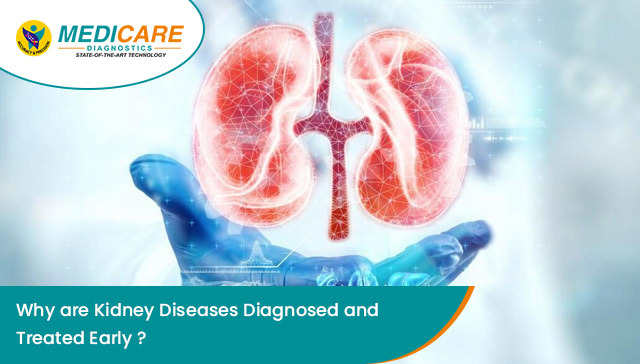
Why are Kidney Diseases Diagnosed and Treated Early?
- 25 Feb, 2024

Nosebleeds, also known as epistaxis, is the loss of blood from the lining of your nose. A combination of small blood vessels inside your nose and dry air causes nosebleeds. There are simple steps you can take to treat and prevent nosebleeds. Most nosebleeds only affect one nostril but they can affect both at the same time. There are several reasons for nosebleeds; keep reading to learn more.
Nosebleeds are caused by a variety of factors, but one of the most common is the presence of dry air in hot climates or heated indoor air. Both of these conditions cause the nasal membrane to dry out and crack. When you blow or pick your nose, it causes bleeding. Here are the factors that cause nosebleeds: –
Conditions like colds, sinusitis and respiratory infections lead to continuous coughing, sneezing and nose-blowing.
Allergic as well as non-allergic inflammation of the nasal lining are the causes of nosebleeds.
Any injury caused to the nose due to blowing or picking forcefully.
Chemicals that are released from cleaning supplies and fumes at certain workplaces, including strong odors, may be the cause of a nosebleed.
In high altitudes, the air is thinner and much dryer.
Another cause is when the wall that separates both sides of your nose is shaped abnormally.
Nasal medications and sprays that are frequently used in the treatment of an itchy, runny or stuffy nose can sometimes dry out the nasal membranes, leading to a nosebleed.
In rare cases, to address the causes of nosebleeds, surgery may be required. In this scenario, a consultation with ENT specialists in Mukundapur will be the best option for the same.
Other causes of nosebleeds that are less common include the following – bleeding disorders, high blood pressure, nasal and facial surgery and nasal tumors. Nasal polyps and leukemia cause nosebleeds as well.
This procedure includes the insertion of a thin, flexible tube with a camera and light into the nostril to assess nasal passages. This can help identify the reason for bleeding from the nose.
Stopping blood thinning medications or seeking alternatives will be helpful. Medicines that regulate blood pressure can sometimes be a necessity.
Applying an ice pack to the nose bridge can aid in constricting blood vessels and reduce bleeding.
Nosebleeds are an irritating condition and ideally not a very serious concern but they must be addressed with prompt and appropriate medical care from doctors at the leading diagnostic centre in Mukundapur.